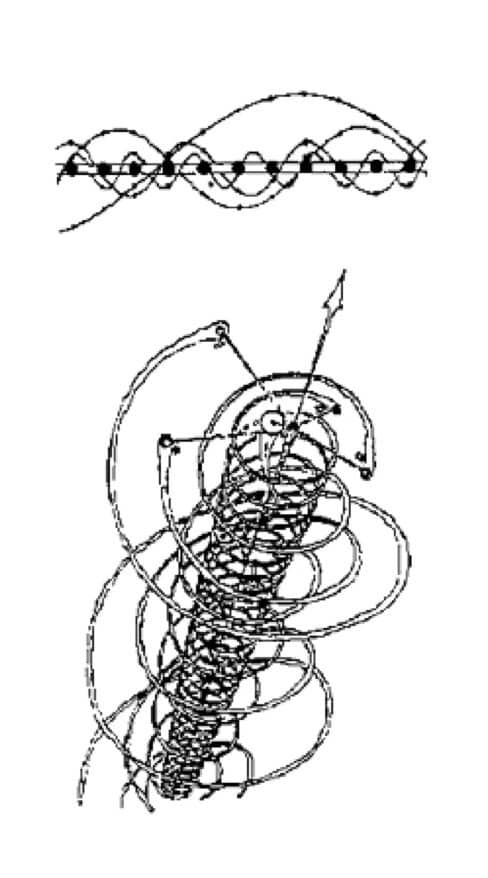“Do you think you can clear your mind by constantly sitting in silent meditation?
This makes your mind narrow, not clear. Integral consciousness is fluid and adaptable, it is present in all places and at all times. That is true meditation. Who can achieve clarity and simplicity by fleeing from the world?
The Tao is clear and simple, and does not flee from the world.
Why don’t you just honor your parents, love your children, help your brothers and sisters, be loyal to your friends, devotedly care for your partner, complete your work in a joyful cooperative manner, take responsibility for problems, practice virtue without first demanding it from others, and understand supreme truths, but maintaining an ordinary way of proceeding?
That would be true clarity, true simplicity, true mastery.”
This passage from the Hua Hu Ching, attributed to Lao Tse, offers a profound perspective on meditation and living in accordance with the Tao. The text challenges the notion that clarity of mind is achieved solely through silent meditation. Instead, it proposes that true clarity and simplicity come from engaging fully with life and embodying virtuous principles in everyday actions.
The core message is that integral consciousness—a state of true awareness and understanding—is not confined to moments of stillness but is fluid and adaptable, manifesting in all aspects of life. It encourages a holistic approach where one honors familial and social relationships, performs work joyfully and cooperatively, takes responsibility for challenges, and practices virtue organically without imposing it on others.
This philosophy suggests that living in harmony with the Tao involves embracing the ordinary and finding clarity and simplicity through active participation in the world, rather than retreating from it. The essence of true mastery, according to the text, lies in seamlessly integrating profound truths into one’s daily life and interactions.
Let’s find that truth.
Maybe you can make BeDoFeelGood help.


